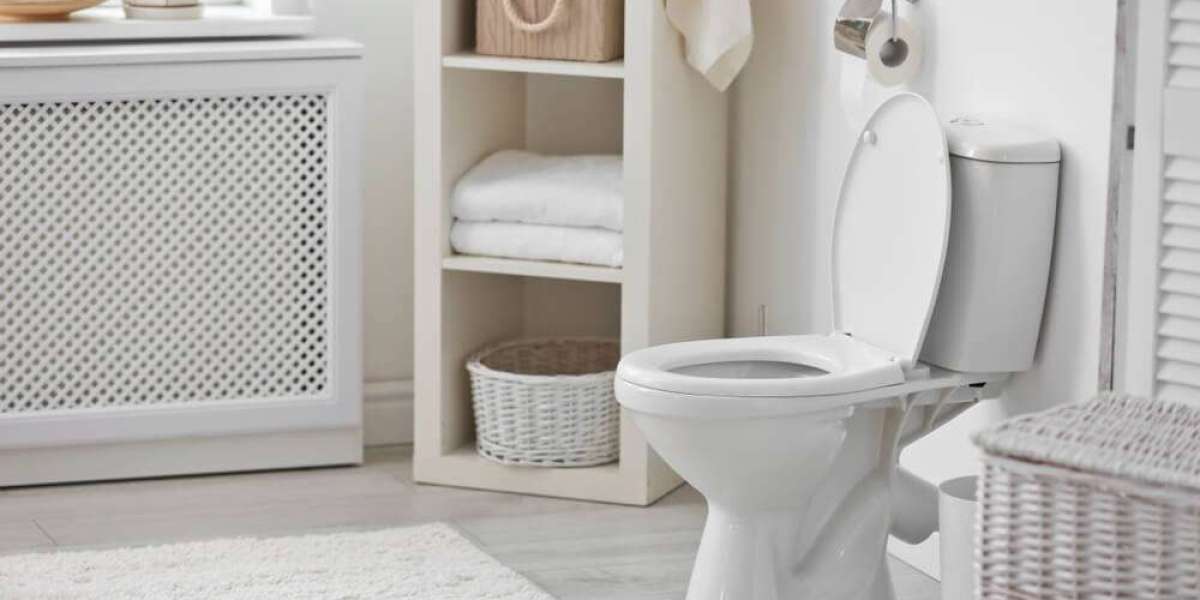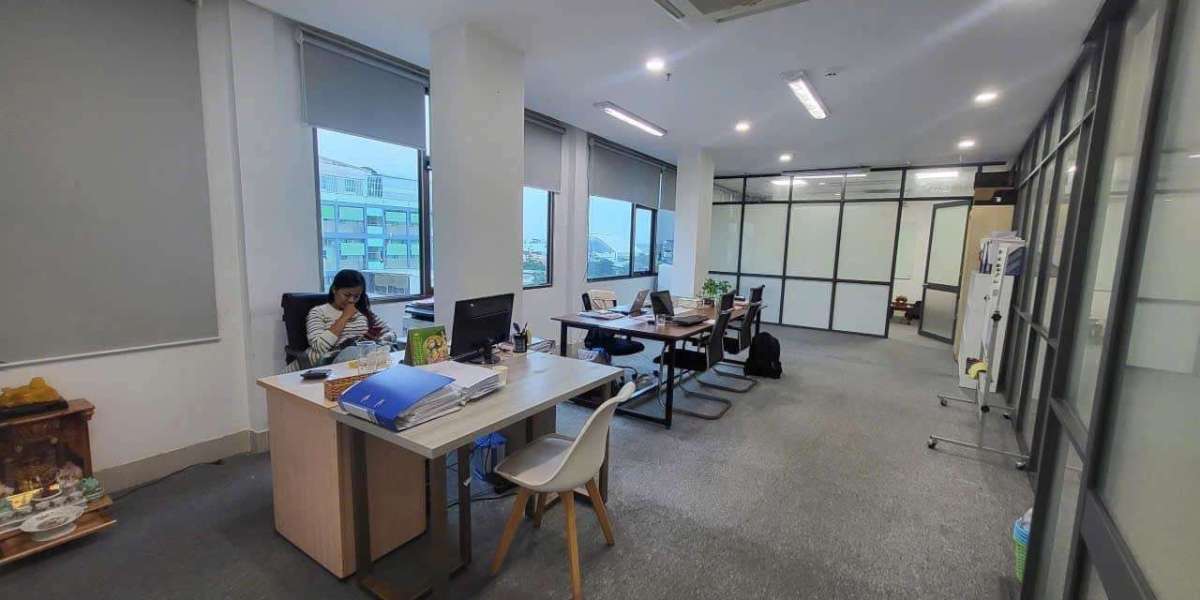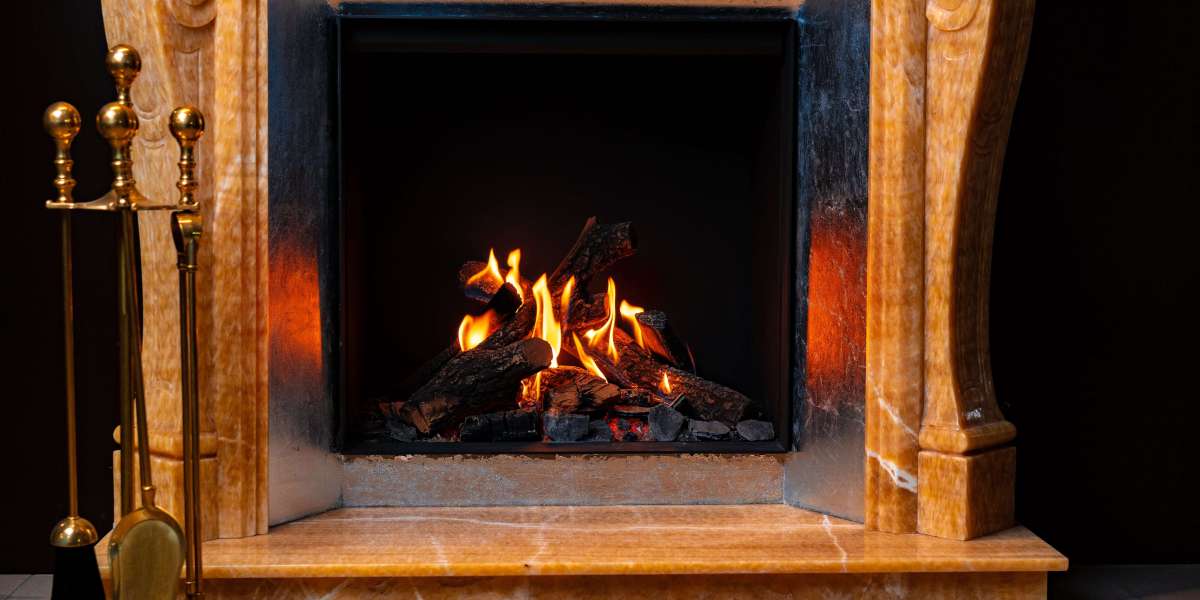Dealing with a blocked toilet is never a pleasant experience. It’s one of those household problems that can quickly turn a good day into a stressful one. If you live in High Wycombe or anywhere else, you’ve probably faced this issue at some point. The question is: when should you try to fix it yourself, and when is it time to call in the professionals? In this blog, we’ll walk you through everything you need to know about blocked toilets, including the signs of a serious problem and why calling a pro might be your best move.
Why Toilets Get Blocked
Toilets are designed to handle waste and water efficiently, but they’re not invincible. Blockages happen for all sorts of reasons. Maybe someone flushed something they shouldn’t have—like baby wipes, sanitary products, or even a child’s toy. Or perhaps grease and food scraps made their way into the system from a nearby kitchen sink. Over time, limescale, hair, or even tree roots invading underground pipes can cause trouble too.
In High Wycombe, older homes with aging plumbing systems might be more prone to blockages. Hard water in the area can also contribute to buildup inside pipes, making clogs more likely. Whatever the cause, a blocked toilet can range from a minor annoyance to a full-blown plumbing emergency. Knowing what’s behind the problem can help you decide your next step.
Signs of a Blocked Toilet
Not every blocked toilet is obvious right away. Sometimes the signs are subtle, and other times they scream for attention. Here’s what to look out for:
- Slow Draining Water: If the water takes longer than usual to flush away, you might have a partial blockage. It’s not an emergency yet, but it’s a warning sign.
- Gurgling Noises: Strange sounds coming from the toilet or nearby drains could mean air is trapped due to a clog.
- Rising Water Levels: If the water starts creeping up instead of going down after a flush, you’ve got a problem.
- Foul Odors: A persistent bad smell could indicate waste isn’t moving through the pipes as it should.
- Overflowing: This is the worst-case scenario. If water (or worse) spills over, it’s time to act fast.
If you’re noticing one or more of these signs, don’t ignore them. A small issue can quickly escalate if left unchecked.
DIY Fixes: What You Can Try
Before you pick up the phone, there are a few things you can try at home. These simple fixes might save you time and money—but only if the blockage isn’t too severe.
- The Plunger Method: A good old-fashioned plunger is your first line of defense. Make sure you’ve got a tight seal around the drain and give it a few firm pumps. This can dislodge minor clogs caused by toilet paper or waste.
- Hot Water and Dish Soap: Pour a bucket of hot (not boiling) water into the bowl, along with a squirt of dish soap. Let it sit for 10-15 minutes. The heat and soap can break down grease or organic material.
- Toilet Auger: If a plunger doesn’t work, a toilet auger (a flexible tool designed for plumbing) can reach deeper into the pipes to break up stubborn blockages.
These tricks work well for small, everyday clogs. But if you’ve tried them and the toilet still won’t budge, it’s time to rethink your approach.
When DIY Isn’t Enough
There’s a point where DIY efforts stop being helpful and start wasting your time—or worse, making the problem bigger. Here’s when you should put down the plunger and call a professional:
- Repeated Blockages: If your toilet keeps clogging despite your best efforts, there’s likely an underlying issue—like a buildup in the main sewer line or a structural problem with the pipes.
- Multiple Drains Affected: A blocked toilet might not be the only issue. If your sinks or showers are draining slowly too, the clog could be deeper in the system.
- Sewage Backup: If you see wastewater coming up through the toilet or other drains, stop what you’re doing immediately. This is a health hazard and needs expert attention.
- No Improvement After DIY: If you’ve plunged, poured, and prodded with no success, the blockage might be too tough for home tools to handle.
- Old Plumbing: In High Wycombe, some homes have pipes that are decades old. These can crack, collapse, or get invaded by tree roots—problems only a pro can fix.
Calling a plumber isn’t admitting defeat; it’s being smart. Professionals have the tools, experience, and know-how to tackle even the trickiest blockages without causing more damage.
Why Call a Professional in High Wycombe?
When it comes to Blocked Toilets High Wycombe, local plumbers bring a few advantages to the table. They understand the area’s plumbing quirks—like the hard water issues or the challenges of older properties. They also have specialized equipment, like drain cameras and high-pressure jetters, that can pinpoint and clear blockages fast.
A professional can also spot problems you might not see. For example, what feels like a simple toilet clog could be a symptom of a bigger issue, like a damaged sewer line. Fixing it early can save you from costly repairs down the road. Plus, plumbers can offer advice on preventing future blockages—something no amount of Googling can fully replace.
The Risks of Ignoring a Blockage
You might be tempted to leave a slow-draining toilet alone, hoping it’ll sort itself out. But that’s a gamble that rarely pays off. A small clog can grow, putting pressure on your pipes and leading to cracks or bursts. If sewage backs up into your home, you’re looking at a messy, expensive cleanup—not to mention the health risks from bacteria and mold.
In short, delaying a call to the pros can turn a minor inconvenience into a major headache. It’s better to deal with it sooner rather than later.
How to Choose the Right Plumber
Not all plumbers are created equal, so it’s worth doing a little homework. Look for someone local to High Wycombe with good reviews and experience in handling blocked toilets. Check if they offer emergency services—because blockages don’t always happen during business hours. Ask about pricing upfront too; a reputable plumber will give you a clear idea of costs before starting work.
Preventing Future Blockages
Once your toilet’s flowing freely again, you’ll want to keep it that way. Here are some easy tips:
- Watch What You Flush: Stick to toilet paper and human waste. Wipes, cotton balls, and other items belong in the bin.
- Regular Maintenance: Pouring hot water down the drain once a month can help prevent buildup.
- Fix Leaks Promptly: A dripping toilet can lead to mineral deposits that narrow pipes over time.
- Educate the Household: Make sure everyone knows the flushing rules—especially kids!
Final Thoughts
A blocked toilet is one of those problems that can test your patience, but it doesn’t have to ruin your day. For minor clogs, a plunger or some hot water might do the trick. But when the issue’s bigger—or you’re just not sure what’s going on—calling a professional is the smart move. In High Wycombe, where plumbing challenges can vary from house to house, having a reliable plumber on speed dial can save you time, stress, and money.
So, next time your toilet starts acting up, don’t wait for it to get worse. Know the signs, try a quick fix if you can, and call the pros when it’s time. Your home (and your sanity) will thank you.








